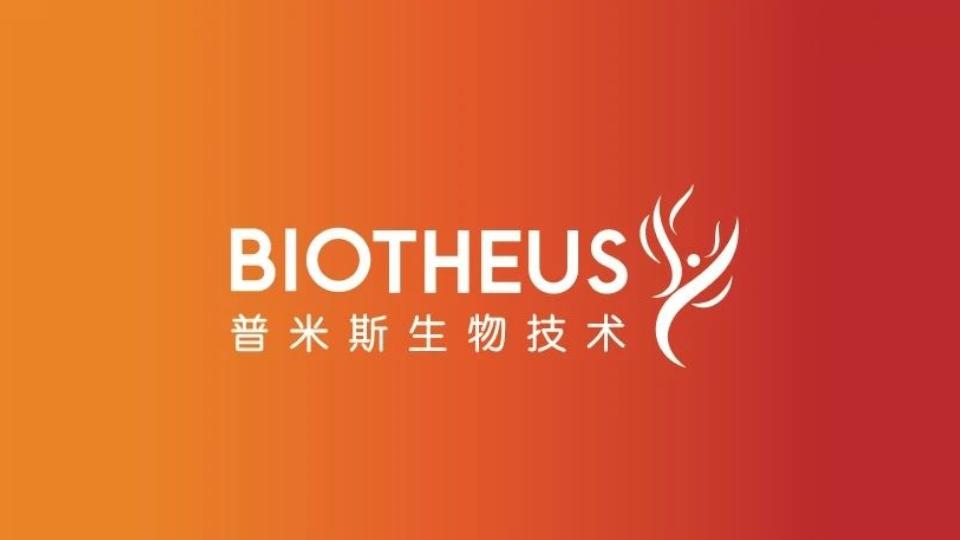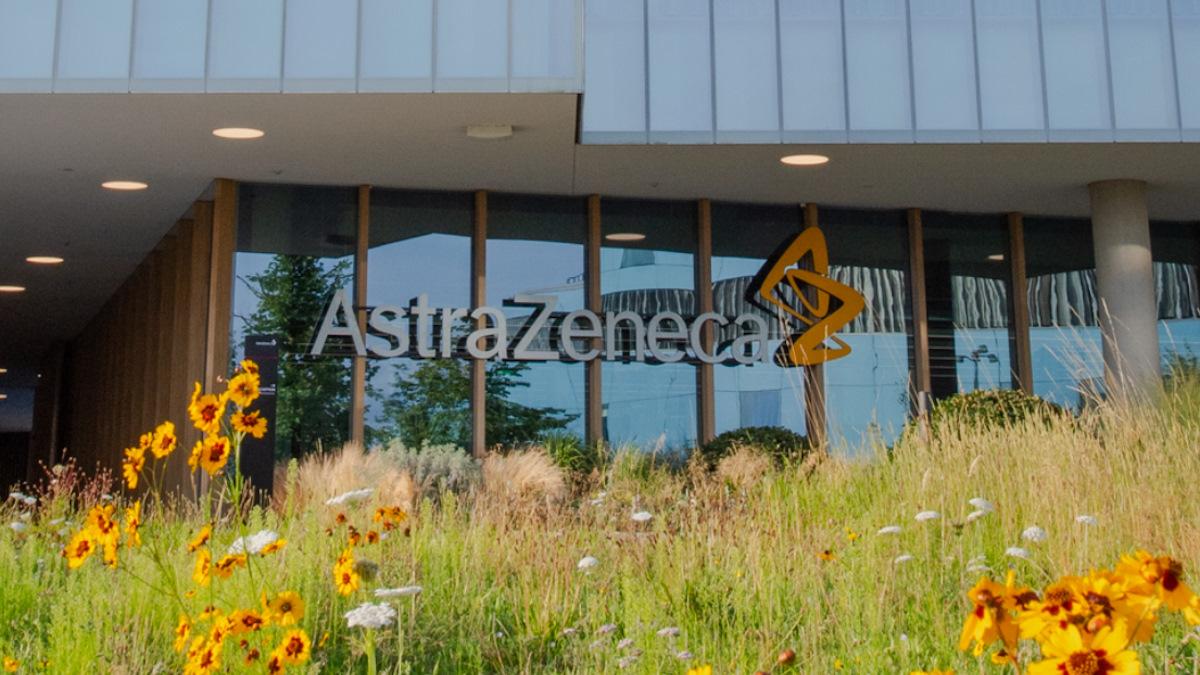BioNTech flashes the cash, adding tumour drug in $1bn deal

Fresh from slashing its predictions for COVID-19 vaccine sales this year, mRNA specialist BioNTech has used some of its extensive cash reserves to bolster its pipeline in oncology.
The German biotech has signed a $1 billion-plus deal with China’s Biotheus, which includes $55 million upfront, to claim rights to a bispecific antibody for solid tumours in all markets outside Greater China.
The drug – codenamed PM8002 – consists of an antibody that targets both PD-L1, a well-established cancer immunotherapy target, and VEGF-A, a protein involved in the growth and spread of solid tumours.
Biotheus said in a statement that PM8002 is currently being tested in phase 2 studies in China to evaluate the efficacy and safety of the candidate as a monotherapy or in combination with chemotherapy in patients with advanced solid tumours.
The Zhuhai-based company reported data at this year’s ASCO and ESMO conferences that showed a “positive safety profile and encouraging antitumor activity, presumably through reduced systemic toxicity by enriching anti-VEGF activity into the tumour microenvironment.”
The deal comes as BioNTech is sitting on top of a pile of windfall cash generated from sales of Pfizer-partnered COVID-19 vaccine Comirnaty over the last couple of years, although, it is facing a sharp retraction in revenues now that the market for COVID jabs has transitioned from a government-led to a traditional private commercial model.
BioNTech said yesterday that it expects to generate around €4 billion ($4.3 billion) in revenue from COVID-19 vaccine revenue for the full year, €1 billion less than forecast earlier in the year and well short of the almost €19 billion it recorded from the business in 2022.
The biotech has made mRNA vaccines for other infectious diseases, as well as cancer therapeutics, the main focus of its R&D, and said in its third-quarter results update that it is expecting to start multiple potentially registrational late-stage oncology trials over the next 18 months.
Those include a phase 3 study of BNT323, a HER2-targeting antibody-drug conjugate in HER2-low metastatic breast cancer, and phase 2 trials for cancer vaccine BNT122 (autogene cevumeran) in pancreatic ductal adenocarcinoma (PDAC), CTLA4-targeting antibody BNT-316 (gotistobart) in prostate cancer, and PD-L1x4-1BB bispecific antibody BNT311 in ovarian cancer.
“Our strategy focuses on assembling a diverse toolbox of complementary technologies to deliver novel therapies, aiming to improve the standard-of-care for cancer patients,” said Professor Ugur Sahin, BioNTech’s chief executive and co-founder.












